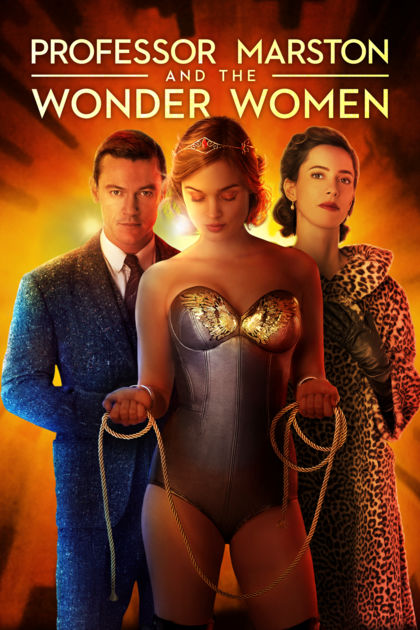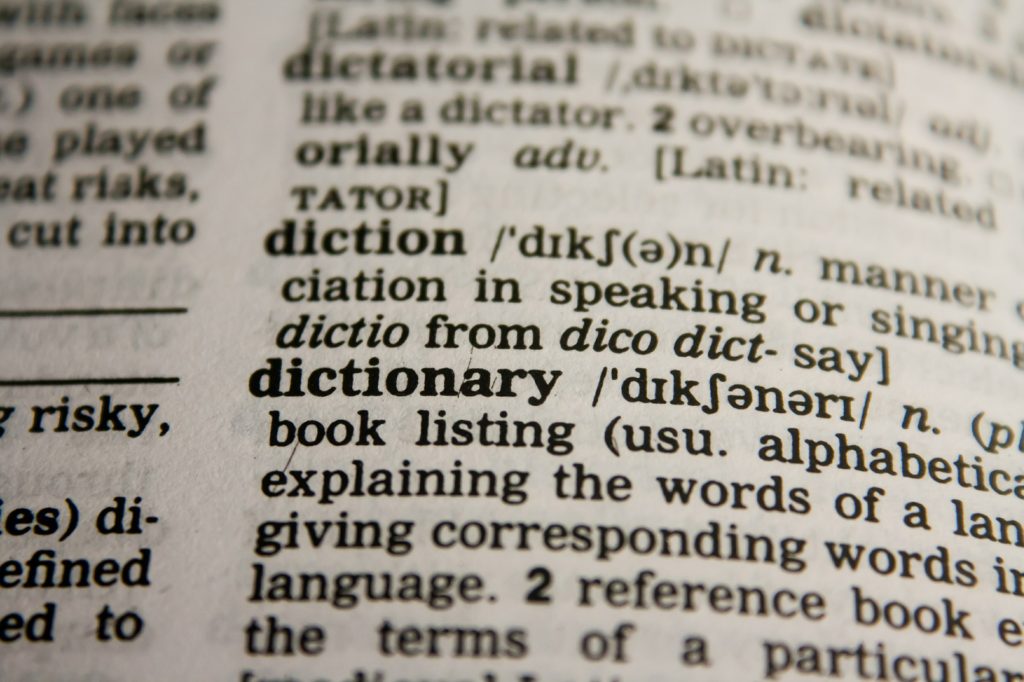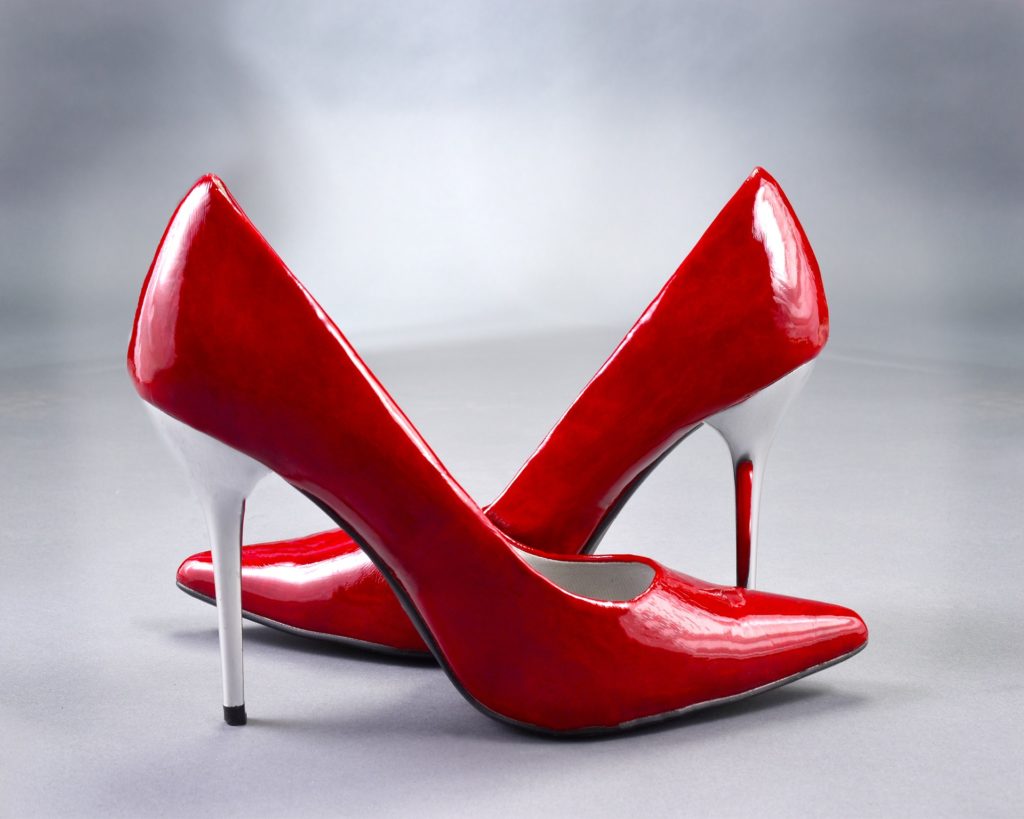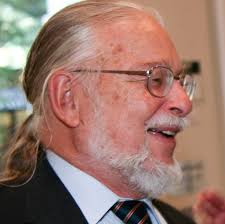Review: Professor Marston and the Wonder Women

Last year’s surprise indie hit, Professor Marston and the Wonder Women, tells the story of the polyamorous relationship between Elizabeth Marston, Olive Byrne, and Professor William Moulton Marston, creator of the iconic comic book superhero, Wonder Woman. Directed byAngela Robinson (Charlie’s Angels, The L Word), the film was released in October 2017 where it had its world premiere at the 2017 Toronto Film Festival and was well received by audiences and critics. It currently holds a Rotten Tomatoes score of 87% with the site’s critical consensus reading, “Professor Marston & The Wonder Women winds a lasso of cinematic truth around a
fascinating fact-based tale with strong performances from its three stars.”
I was asked to review the film last year and had every intention of doing so but after grabbing one of my homegirls and seeing it in the theater, I couldn’t. I knew little about the story other than its validity and little about Wonder Woman herself, not having read any of the comics or watched the show as a child. After seeing the film, I wanted to know more; I wanted to know just how much the film got right and wrong, what was real life and what was Hollywood.
I was already minimally acquainted with the tale of Wonder Woman’s origins. Before this movie, another woman shed light on this remarkable piece of history in “The Secret History of Wonder Woman”, written by Jill Lepore in 2014. I purchased it right away…and then it sat onmy shelf and collected dust. I came home from the theater, dusted it off, and set to reading it that evening. Now that I have read the book and seen the movie, I feel I can give a more accurate review.
“Professor Marston and The Wonder Woman” as a movie is beautiful, poignant, sexy, inspiring. The cinematography is dazzling and the actor performances are endearing. Rebecca Hall, who plays Marston’s ferocious, witty, and brilliant wife Elizabeth, I found completely arresting; I would have fallen in love with her, too. Bella Heathcote as Olive Byrne was sweet and beguiling but not just an angelic pretty face; she had depth and complexity. Luke Evans’ Dr. Marston was sexy but in a way that we don’t see often reflected in male characters; he was pensive, compassionate, a man who felt deeply. The onscreen chemistry between the trio was believable, as was the various struggles they faced both personally and in their outward lives as they sought to be true to themselves and what they felt for one another but wrestled with conventionality.
Set in the late 1930’s, the rich costumes are evocative of the pin-up era yet the movie had a modern feel. And the sex scenes? Very sensual and frankly, arousing. What I enjoyed most about it is that it transported me. It reminded me of what it was like when I was in a triad and falling in love, coming together, working through our issues as a trio, raising our children together. It made me nostalgic. It made me cry. I thoroughly enjoyed the movie experience–however the movie as a historical retelling? Not so much.
One of the things that nagged me about the film is that there is no concrete evidence that Olive Byrne and Elizabeth Marsten EVER had a sexual/romantic relationship. After reading The Secret History of Wonder Woman and doing my own research, I have come to the conclusion that either Elizabeth and Olive had little to no romantic involvement with one another or that they went to great pains to conceal it. I think it is likely the former. While I believe the women shared a very close and intimate relationship (Elizabeth named her second child, a girl, after Olive) and even though they lived together for nearly forty years after the death of William Marston in 1947, I just can’t bring myself to declare definitively that the two women shared anything more than a sisterhood.
In a Forbes.com article, Rob Salkowitz interviews Christie Marston, daughter of William’s son Moulton, who claims that she can say with about 99.99% accuracy that there was no sexual relationship between her grandmother Elizabeth and Olive Byrne, lovingly referred to by her family as “Dots”. According to Christie, “The relationship between Gram [Elizabeth Marston] and Dots [Olive Byrne] is wrong; they were as sisters, not lovers.” In an interview of the film’s director Angela Robinson with Vulture’s Abraham Riesman, Robinson said “I wanted to kind of be able to explore my own interpretation of what the story was,” and admitted that while she read extensively on Marston and his work, she did not include reaching out to family members with actual knowledge of the situation in her research efforts. In statements made by Christie Marston about Robinson’s artistic decisions in creating the film, “If she wanted to ‘explore her own interpretation’ she should not have used real people’s lives to sell her story,” and, “There are many real people who deserve to have their story told who are better subjects. In fact, there was a lesbian who was part of the family and part of WW’s beginnings; had AR done any research, she could have used the Marston and Wonder Woman names honestly.”
I agree. Yes, it made for a great film watching experience but it wasn’t the truth. It opened up this whole conversation for me about respecting the rights and privacy of a person’s life story, even posthumously. I think the director told the story that she wanted to have happened, not the one that did. I also think that the decision to cast Olive and Elizabeth as lovers was about mass appeal. FMF triads, with their current trendiness, make for a more titillating story. Plus, if they had just centered Dr. Marston as the pivot point of the relationship between the two women, it would have been far too redolent of polygamy, which is frowned upon as archaic and misogynistic in modern American society. I also think that it’s interesting to note that the director is herself a lesbian.
The story of the creation of Wonder Woman and the relationship between William, Olive, and Elizabeth, without any artistic flourish, is an extraordinary one. Even in 2018, living in a set-up such as they did is seen as odd, taboo, amoral even. The fact that they were shirking the societal conventions of marriage and monogamy in the 1930’s and 40’s is revolutionary. There was no need to put any extra sauce on it. It was a savory tale on its own.
My conclusion: It’s a great film but it’s just that, a film. A stirring and beautifully told story but a story nonetheless. I encourage everyone to see it but to go into it with the knowledge that you will be watching one person’s interpretation of a true story, not a factual historical depiction. I will say, though, that I watched it three times while writing this and will probably watch it once more before the rental expires. It hits me in all the feels. As far as films are concerned, Angela Robinson did a stellar job in creating this one. I could easily find myself in each character. It’s a touching tale of polyamorous love, heartache, forgiveness, and wonder.





